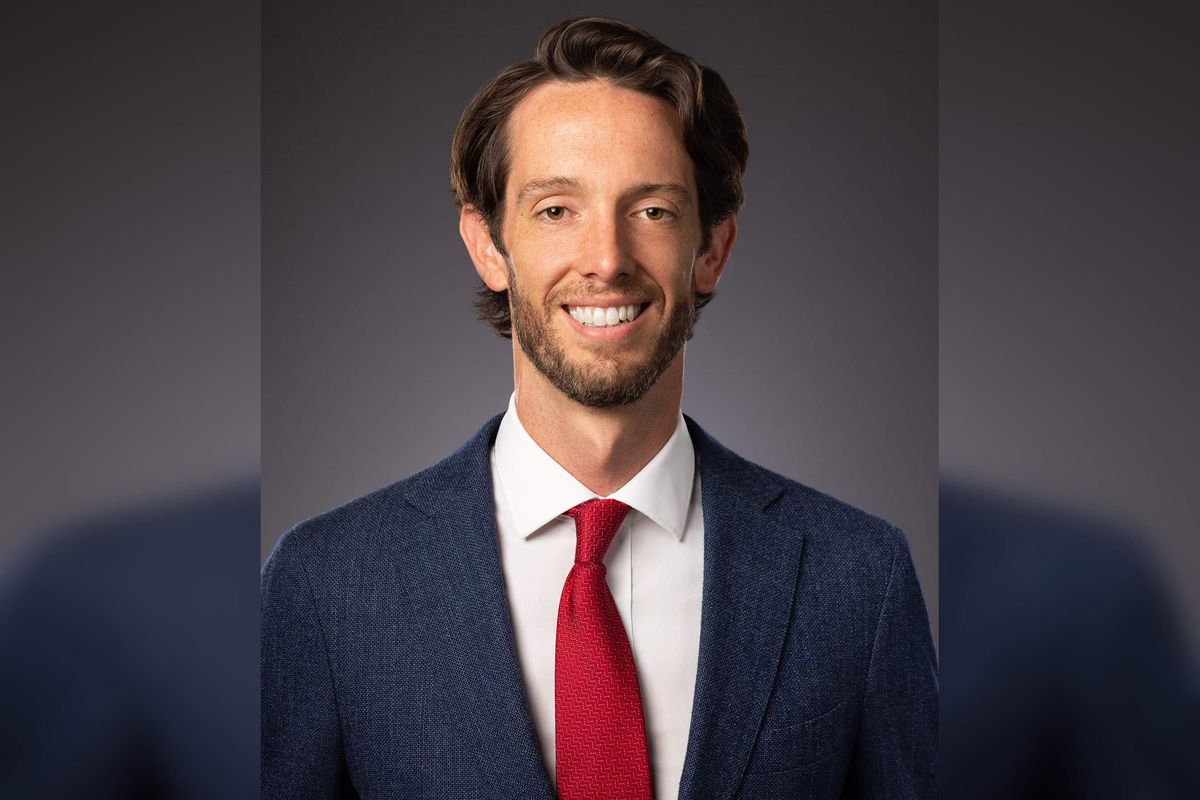Rice biotech studio secures investment from Modi Ventures, adds founder to board
fresh funding
RBL LLC, which supports commercialization for ventures formed at the Rice University Biotech Launch Pad, has secured an investment from Houston-based Modi Ventures.
Additionally, RBL announced that it has named Sahir Ali, founder and general partner of Modi Ventures, to its board of directors.
Modi Ventures invests in biotech companies that are working to advance diagnostics, engineered therapeutics and AI-driven drug discovery. The firm has $134 million under management after closing an oversubscribed round this summer.
RBL launched in 2024 and is based out of Houston’s Texas Medical Center Helix Park. William McKeon, president and CEO of the TMC, previously called the launch of RBL a “critical step forward” for Houston’s life sciences ecosystem.
“RBL is dedicated to building companies focused on pioneering and intelligent bioelectronic therapeutics,” Ali said in a LinkedIn post. “This partnership strengthens the Houston biotech ecosystem and accelerates the transition of groundbreaking lab discoveries into impactful therapies.”
Ali will join board members like managing partner Paul Wotton, Rice bioengineering professor Omid Veiseh, scientist and partner at KdT Ventures Rima Chakrabarti, Rice alum John Jaggers, CEO of Arbor Biotechnologies Devyn Smith, and veteran executive in the life sciences sector James Watson.
Ali has led transformative work and built companies across AI, cloud computing and precision medicine. Ali also serves on the board of directors of the Drug Information Association, which helps to collaborate in drug, device and diagnostics developments.
“This investment by Modi Ventures will be instrumental to RBL’s growth as it reinforces confidence in our venture creation model and accelerates our ability to develop successful biotech startups,” Wotton said in the announcement. "Sahir’s addition to the board will also amplify this collaboration with Modi. His strategic counsel and deep understanding of field-defining technologies will be invaluable as we continue to grow and deliver on our mission.”



